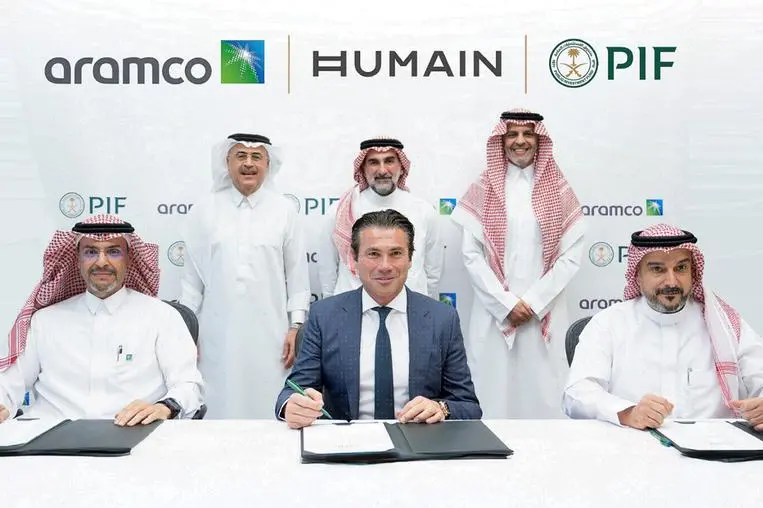OpenAI, the pioneering artificial intelligence firm, has unveiled an ambitious roadmap that aims to develop a fully automated AI researcher by 2028. During a livestream announcement, CEO Sam Altman stated the company is internally tracking towards creating an intern-level AI research assistant by September 2026, marking a significant step toward what its chief scientist describes as potential “superintelligence.”
An Ambitious Timeline for Superintelligence
During the announcement, OpenAI’s Chief Scientist, Jakub Pachocki, described the ultimate goal as a “system capable of autonomously delivering on larger research projects.” This vision goes beyond current AI capabilities, which he noted can solve complex tasks within a five-hour time horizon. Pachocki suggested that deep learning systems could be less than a decade away from achieving superintelligence, defined as systems that are smarter than humans across a wide range of critical actions. He believes these advancements will enable AI to tackle complex problems currently beyond human reach and drastically accelerate innovation in fields like medicine and physics.
Scaling Compute and Corporate Structure
To achieve these goals, OpenAI is pursuing a dual strategy of algorithmic innovation and a massive scale-up of computational resources. Pachocki explained that for major scientific breakthroughs, it would be worthwhile to dedicate entire data centers to a single problem. This aggressive plan is backed by a financial commitment to build out 30 gigawatts of infrastructure, representing a staggering $1.4 trillion obligation in the coming years.
Facilitating this capital-intensive vision is the company’s recent finalization of its transition to a public benefit corporation. The new structure moves OpenAI away from its original non-profit model, allowing it to raise the necessary capital for its expanded research efforts. Under this new framework, the non-profit OpenAI Foundation will own 26% of the for-profit entity, guiding its research direction and safety initiatives while maintaining a $25 billion commitment to using AI for disease research.
Implications for the MENA Tech Ecosystem
OpenAI’s accelerated timeline presents both a significant opportunity and a competitive challenge for the MENA region’s burgeoning tech ecosystem. For nations like the UAE and Saudi Arabia, which have made AI a cornerstone of their national development strategies, this global milestone sets a new benchmark for ambition and investment. Regional startups and research institutions could potentially leverage these future “AI researchers” to fast-track R&D and innovate at an unprecedented pace. However, it also underscores the immense capital required to compete at the frontier of AI, highlighting the urgent need for MENA to scale its own data center infrastructure and cultivate specialized talent to avoid falling behind. This development will likely spur increased strategic investment from regional VCs and sovereign wealth funds into both local AI ventures and global leaders to ensure the region remains a key player in the AI revolution.
About OpenAI
OpenAI is an AI research and deployment company. Its mission is to ensure that artificial general intelligence (AGI)—AI systems that are generally smarter than humans—benefits all of humanity. The company is known for its large language models, including the GPT series, and its generative models like DALL-E.
Source: Tech in Asia














